
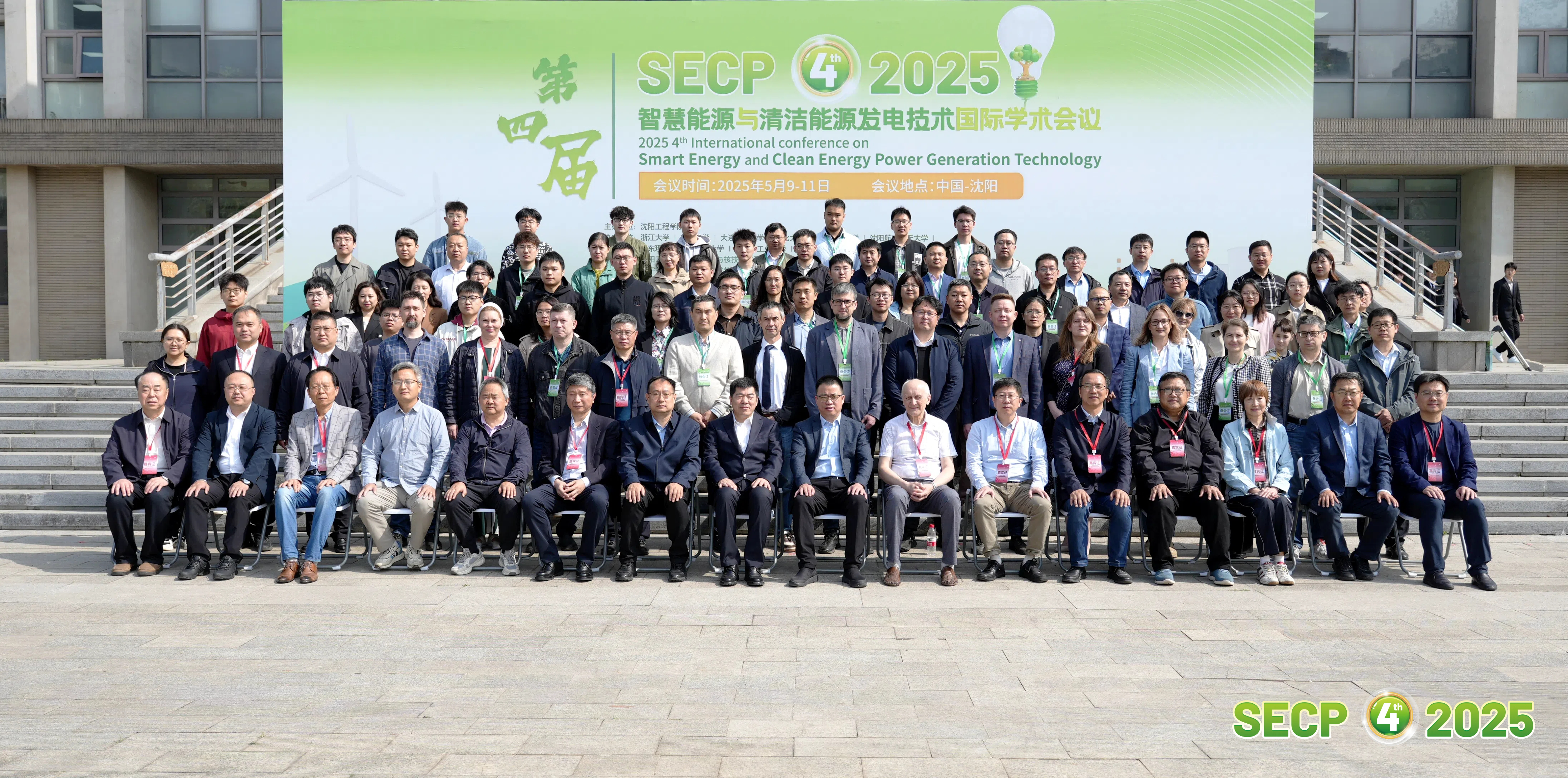 The 4th International Conference on Smart Energy and Clean Power Generation Technology (SECP 2025) was successfully held at Shenyang Institute of Engineering from May 9 to 11, 2025!
The 4th International Conference on Smart Energy and Clean Power Generation Technology (SECP 2025) was successfully held at Shenyang Institute of Engineering from May 9 to 11, 2025!
Hosted by Shenyang Institute of Engineering, the conference was co-organized by the School of Energy Power and Nuclear Technology Engineering, the National University Science Park of Shenyang Institute of Engineering, the Liaoning Provincial Power Equipment Laboratory Cluster, the Shenbei New District Science and Technology Bureau, and Northeast Electric Power Research Institute Co., Ltd. It also received support from universities such as Wuhan University, Zhejiang University, Harbin Institute of Technology, Shandong University, and Northeastern University.
The conference adopted a hybrid format, featuring one main venue and three parallel forums, attracting nearly 1,000 experts and scholars both online and offline.
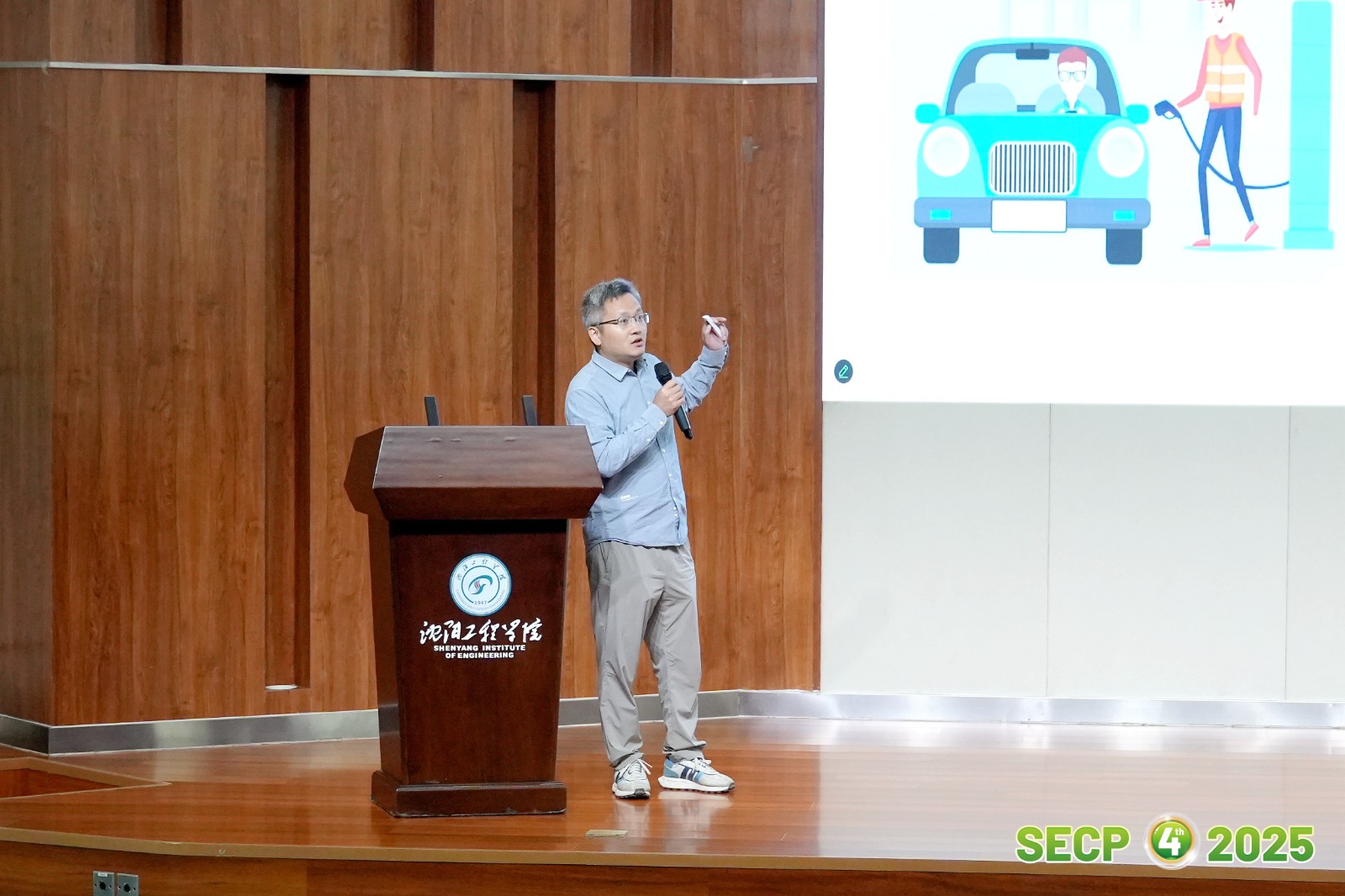
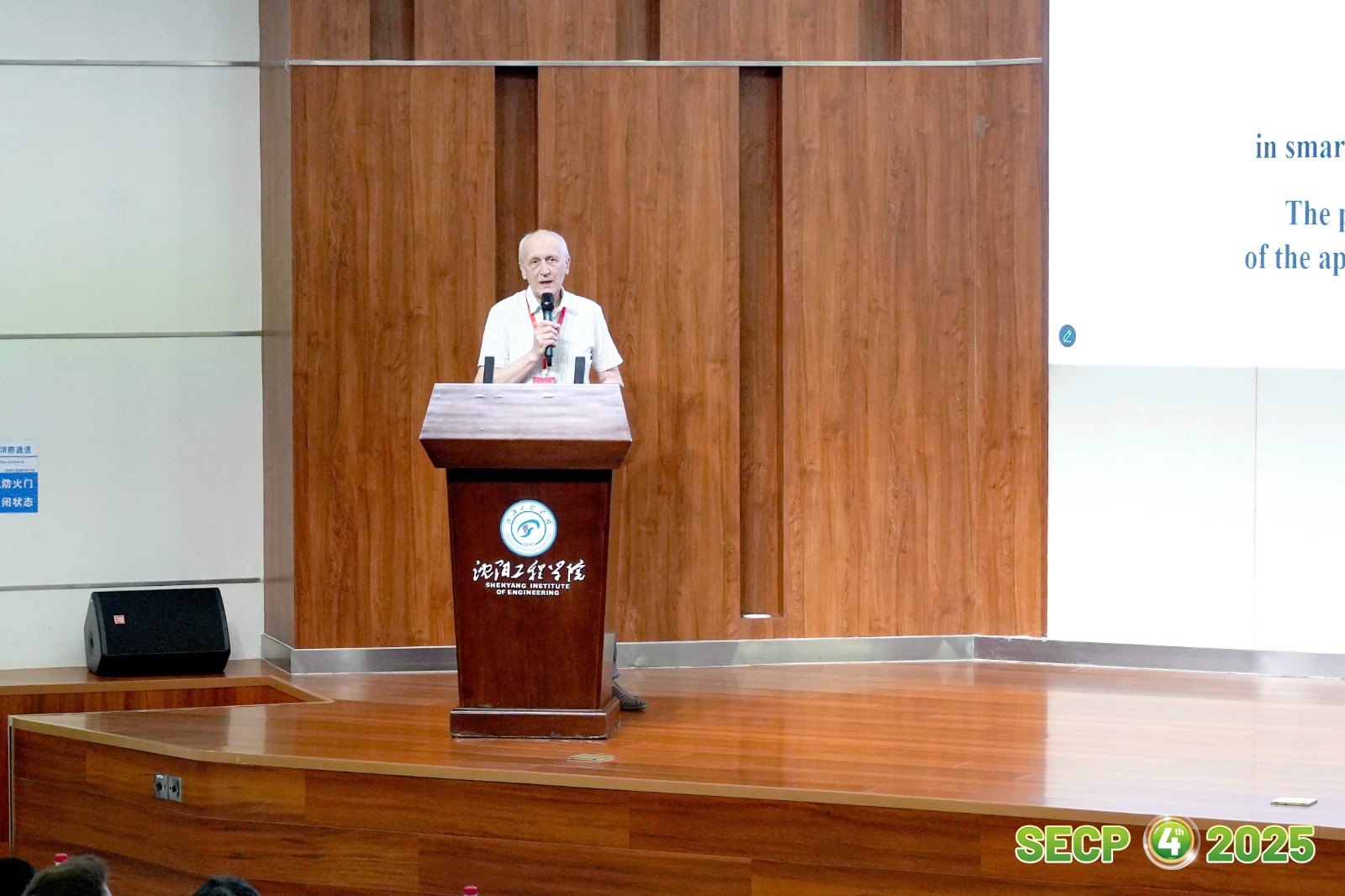
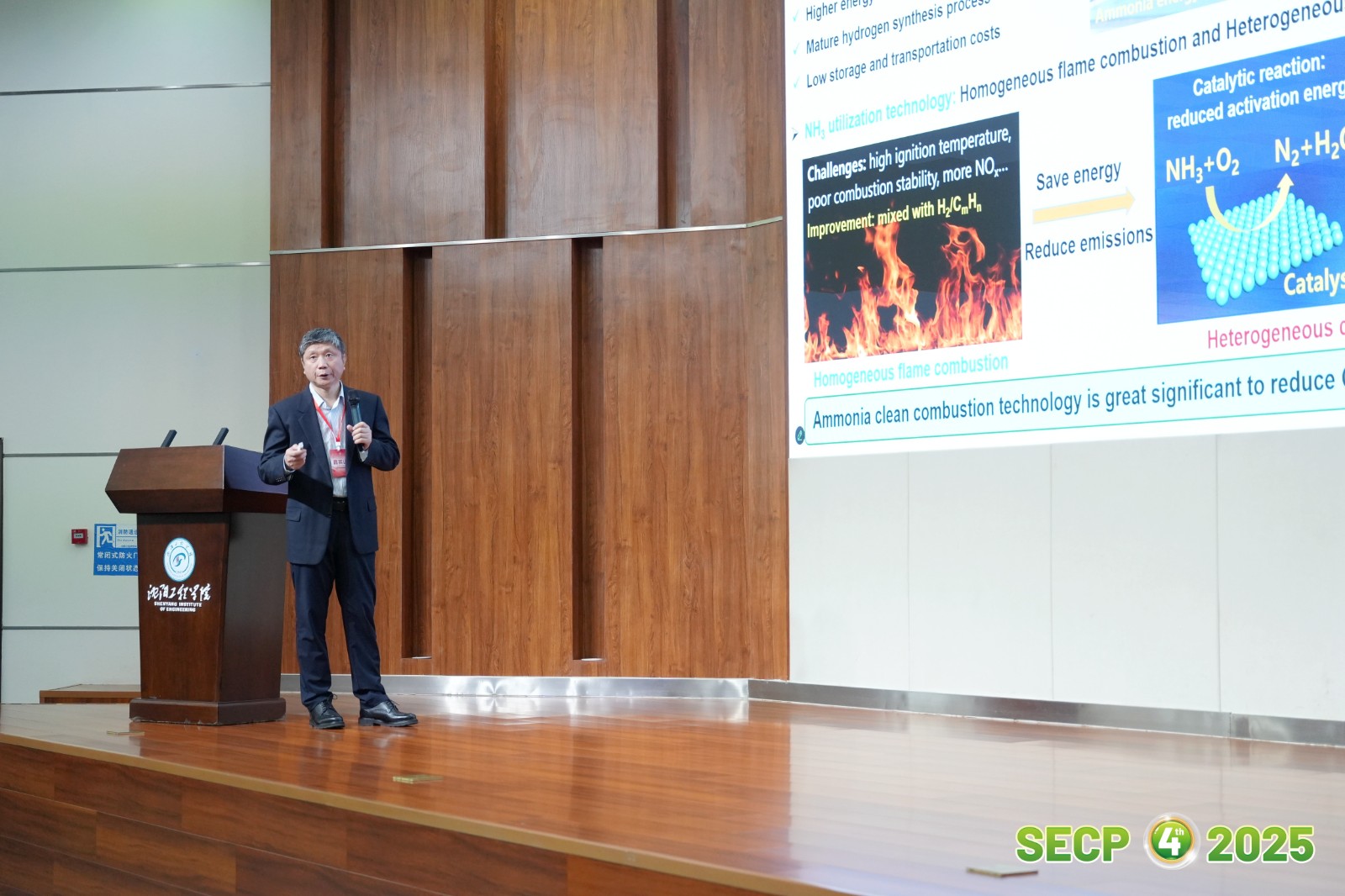
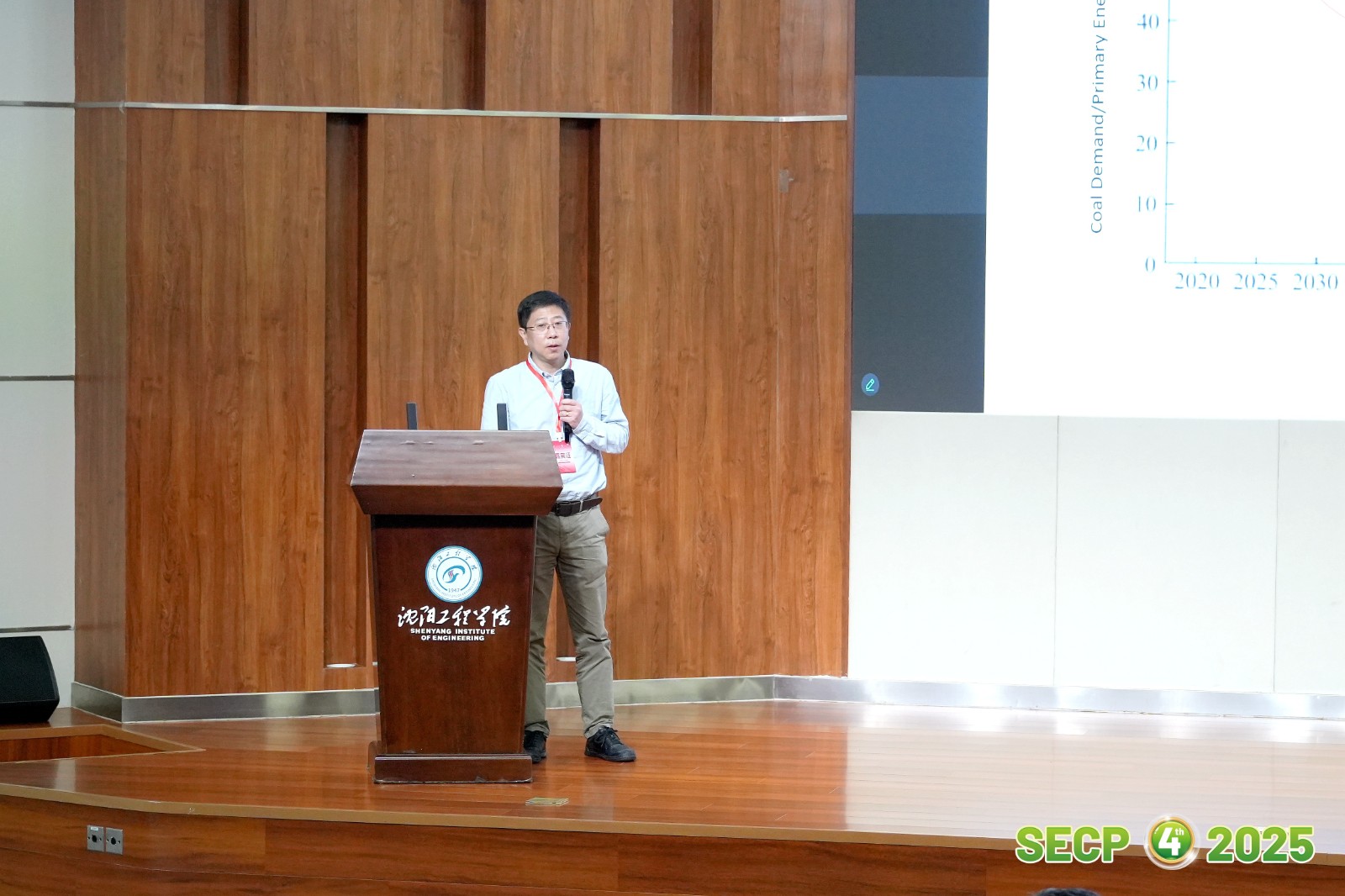
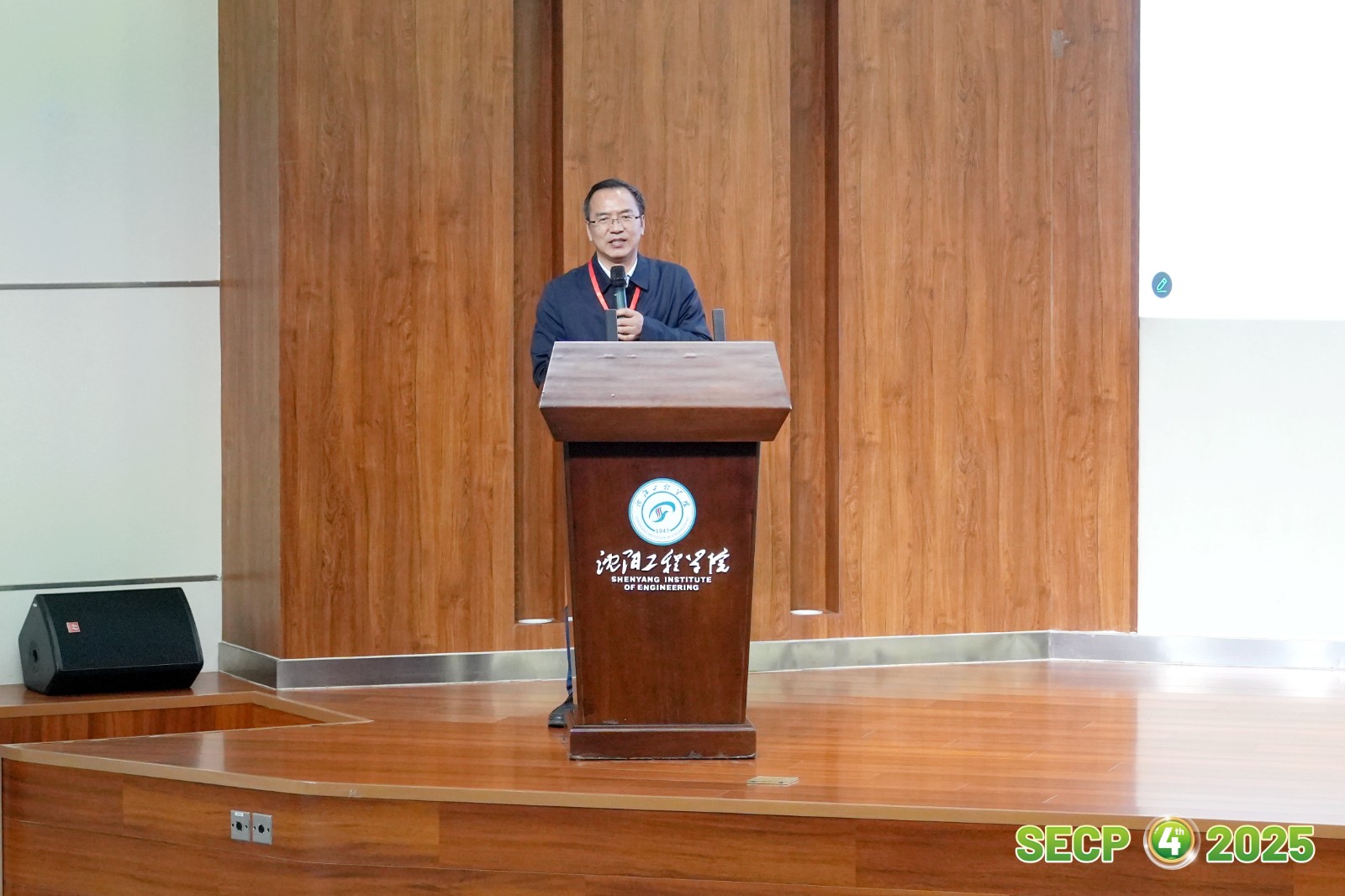
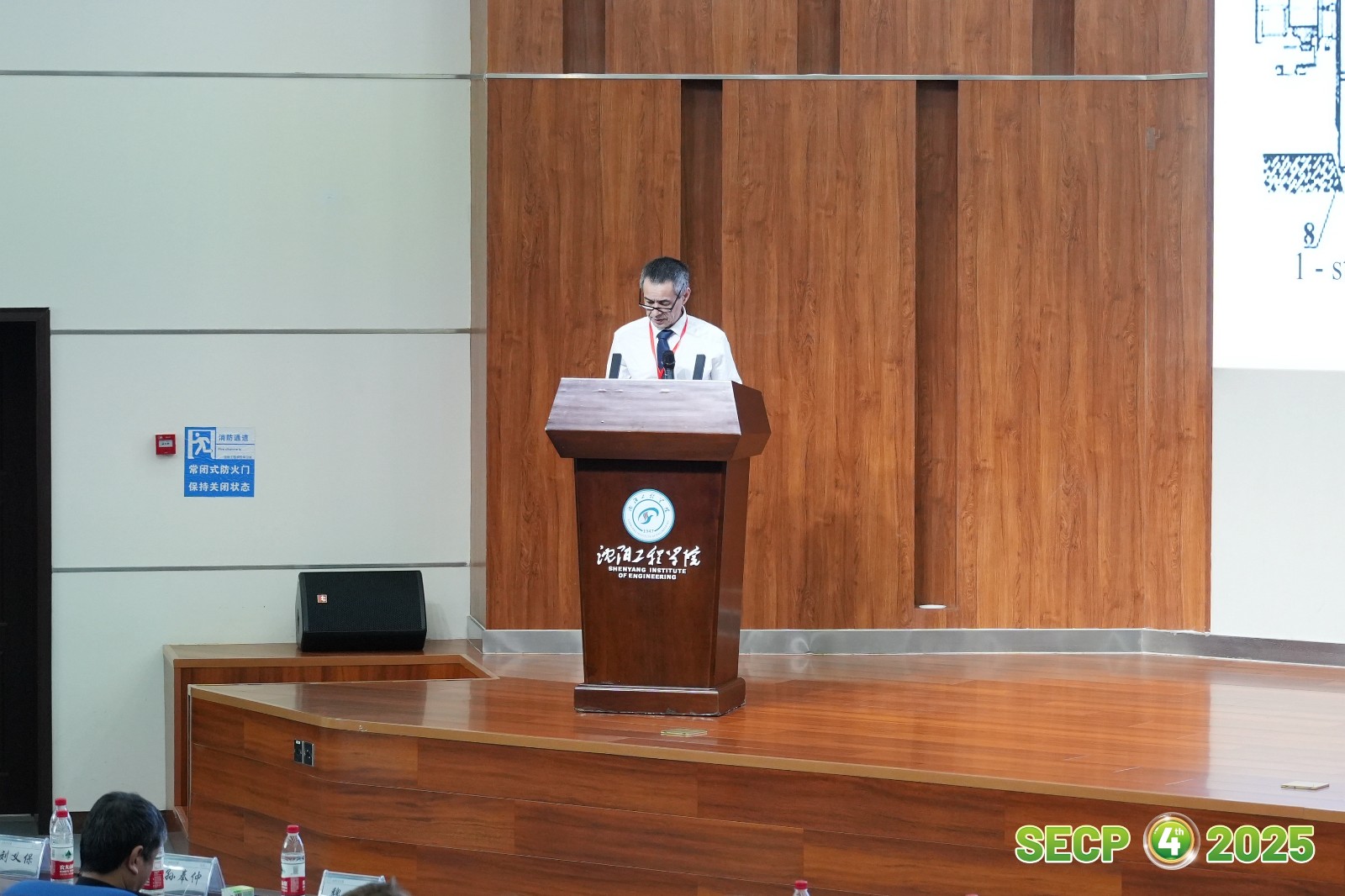
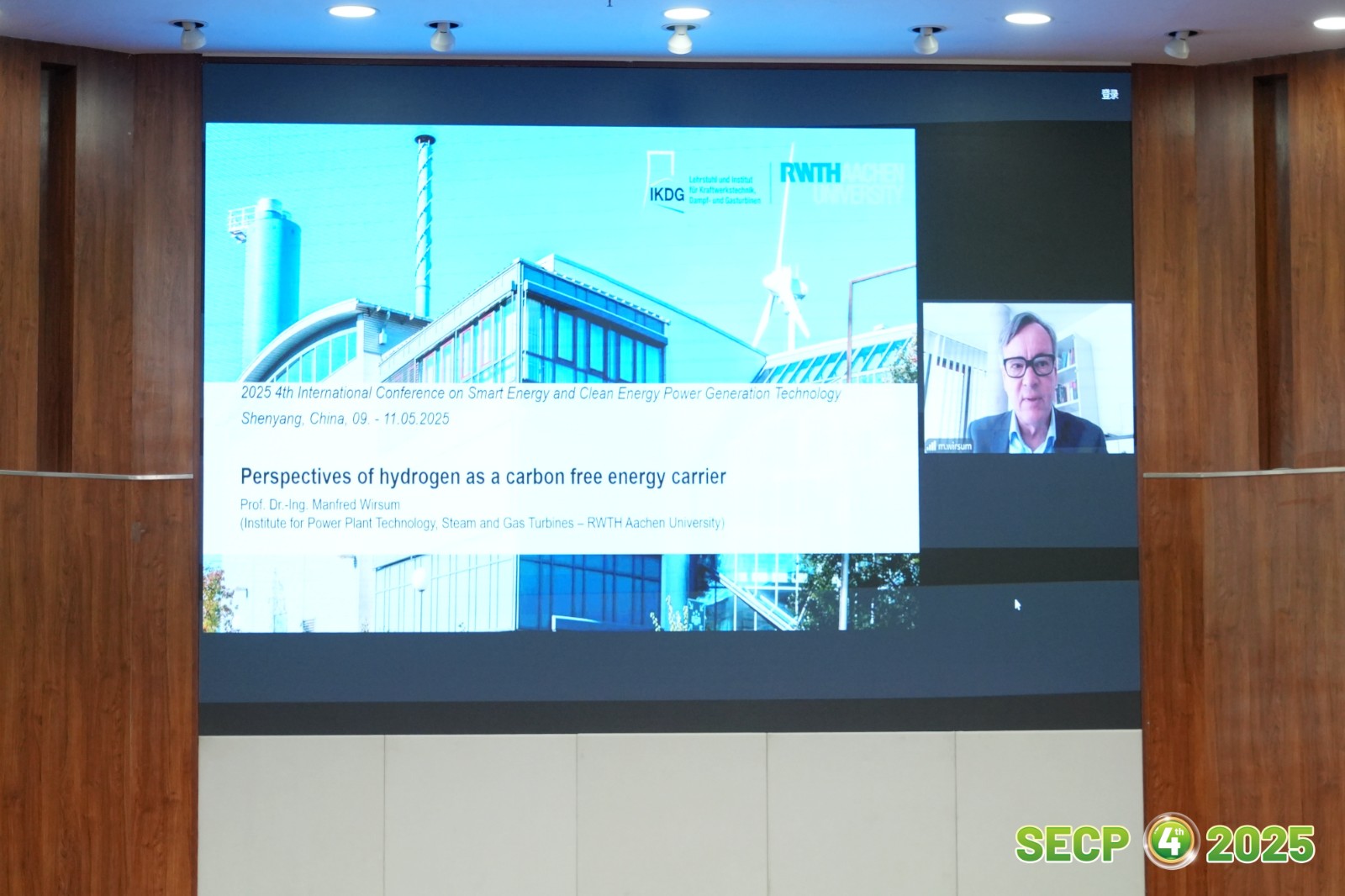
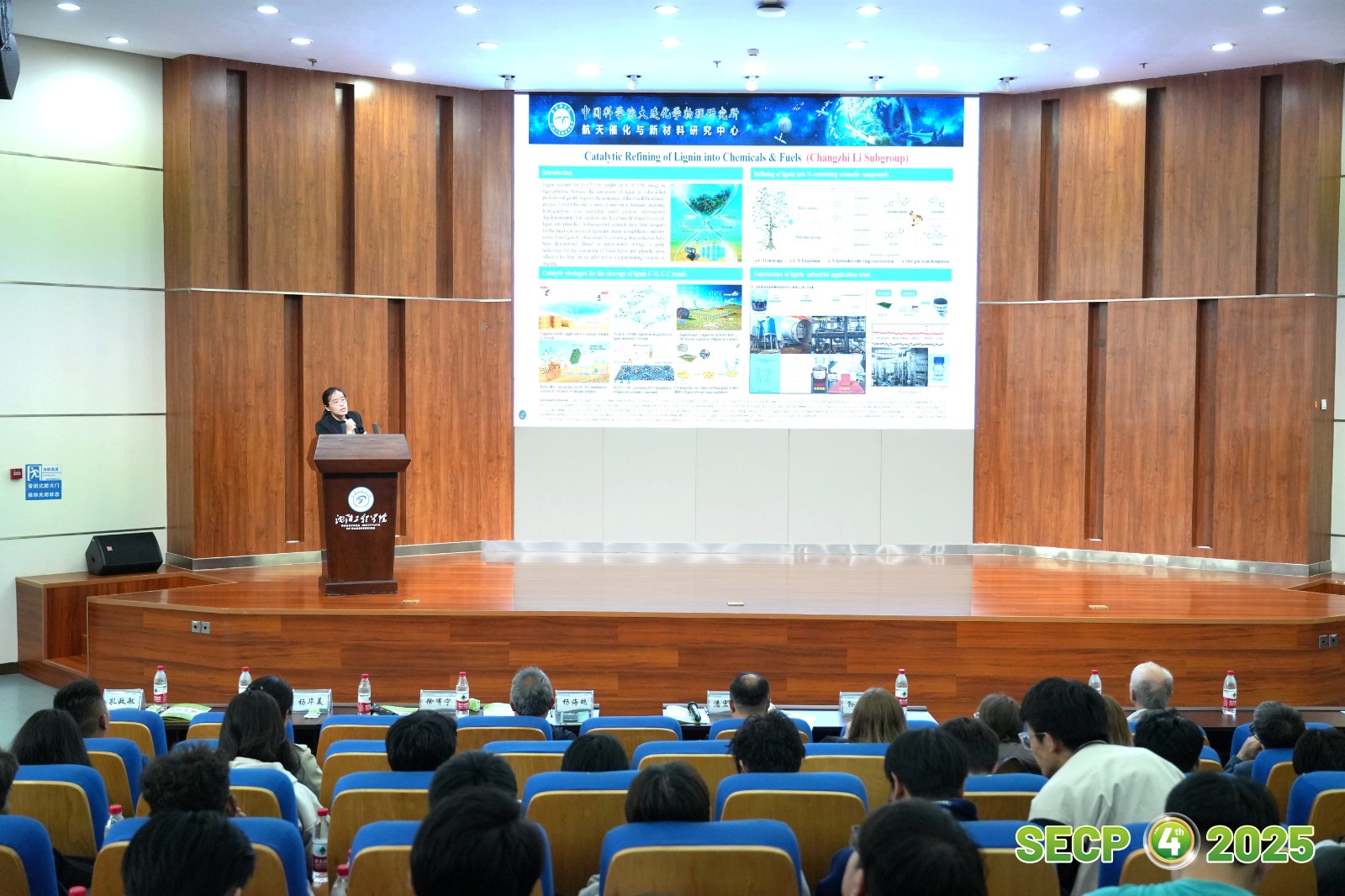
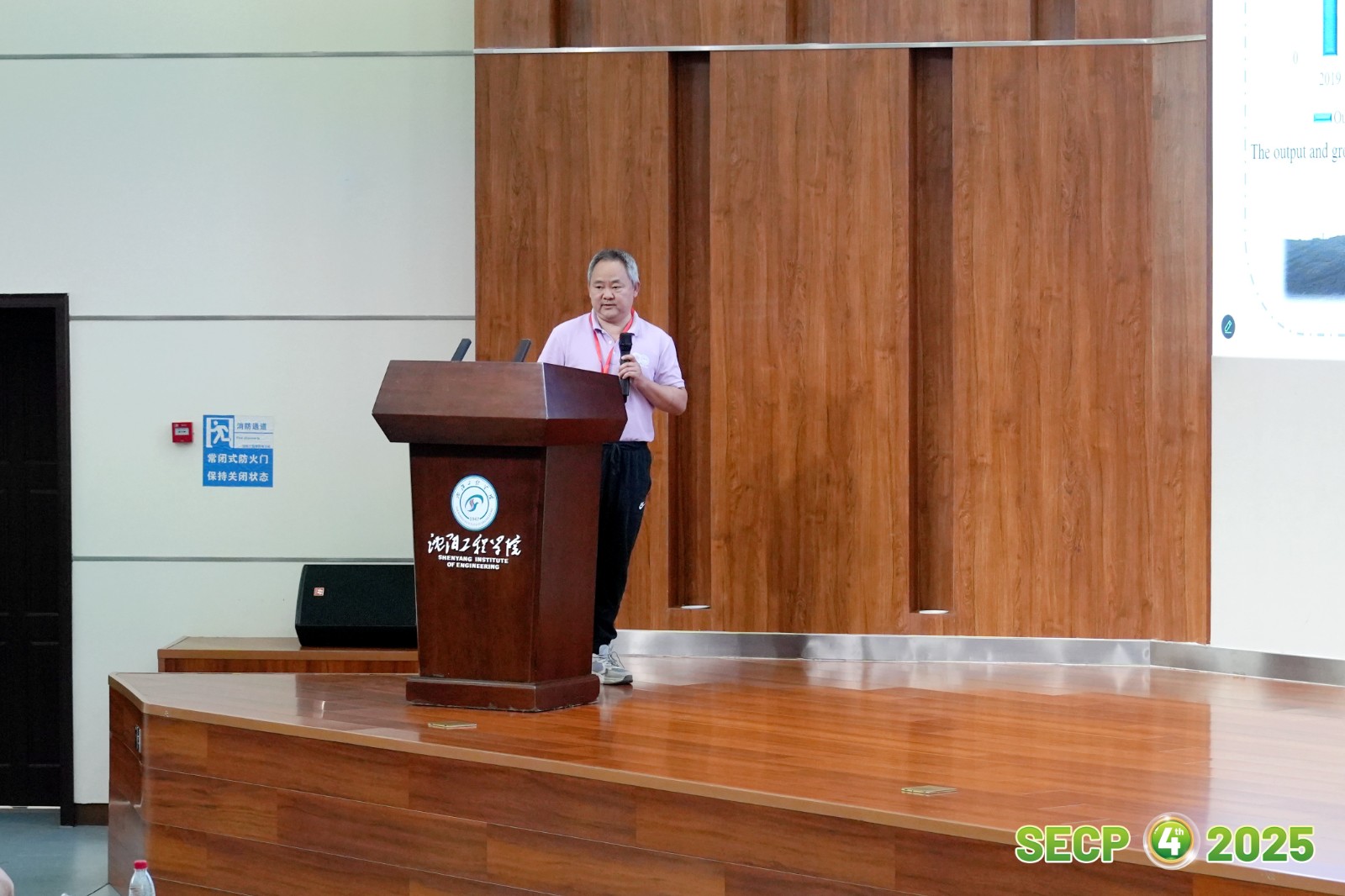
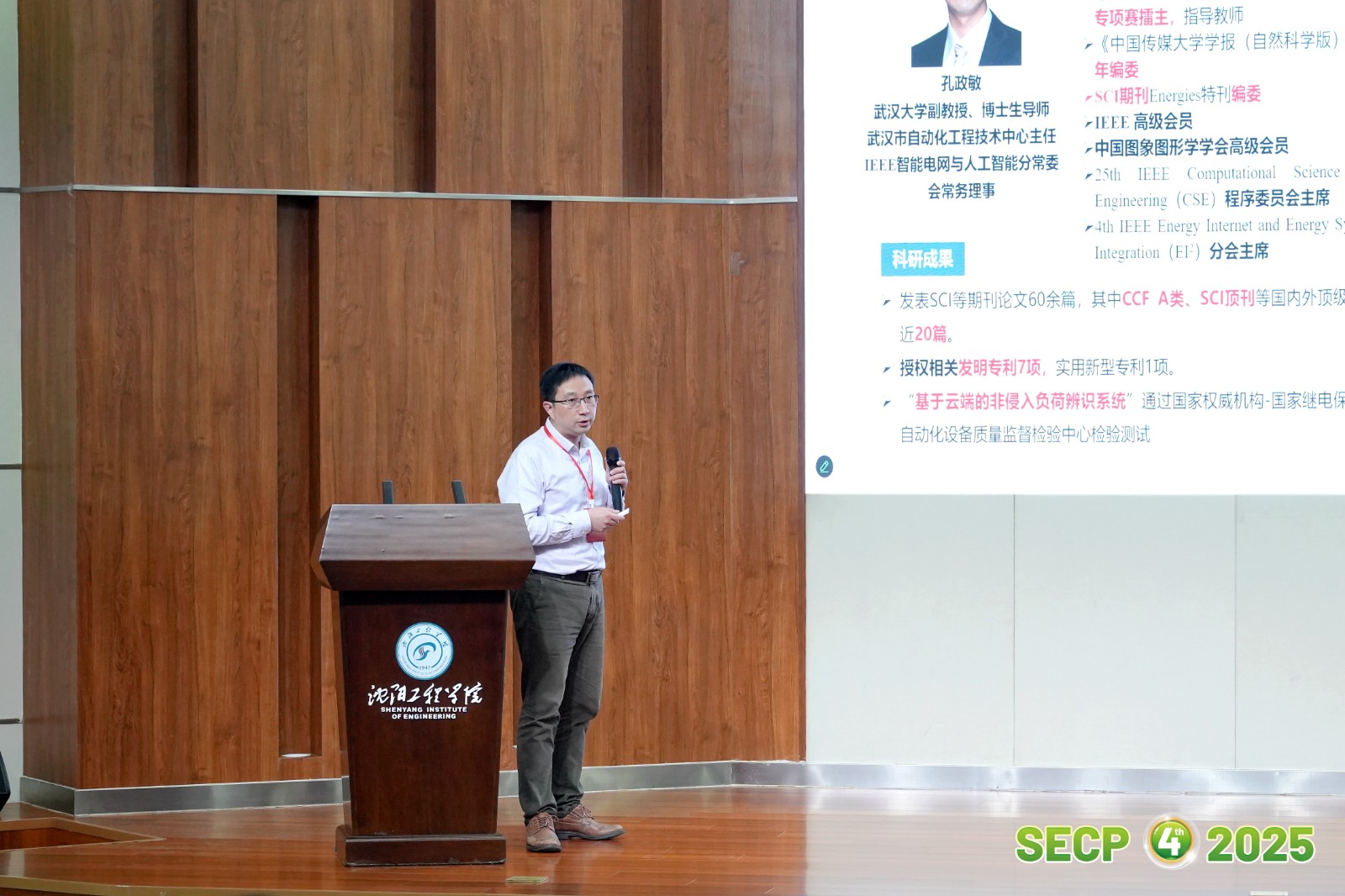
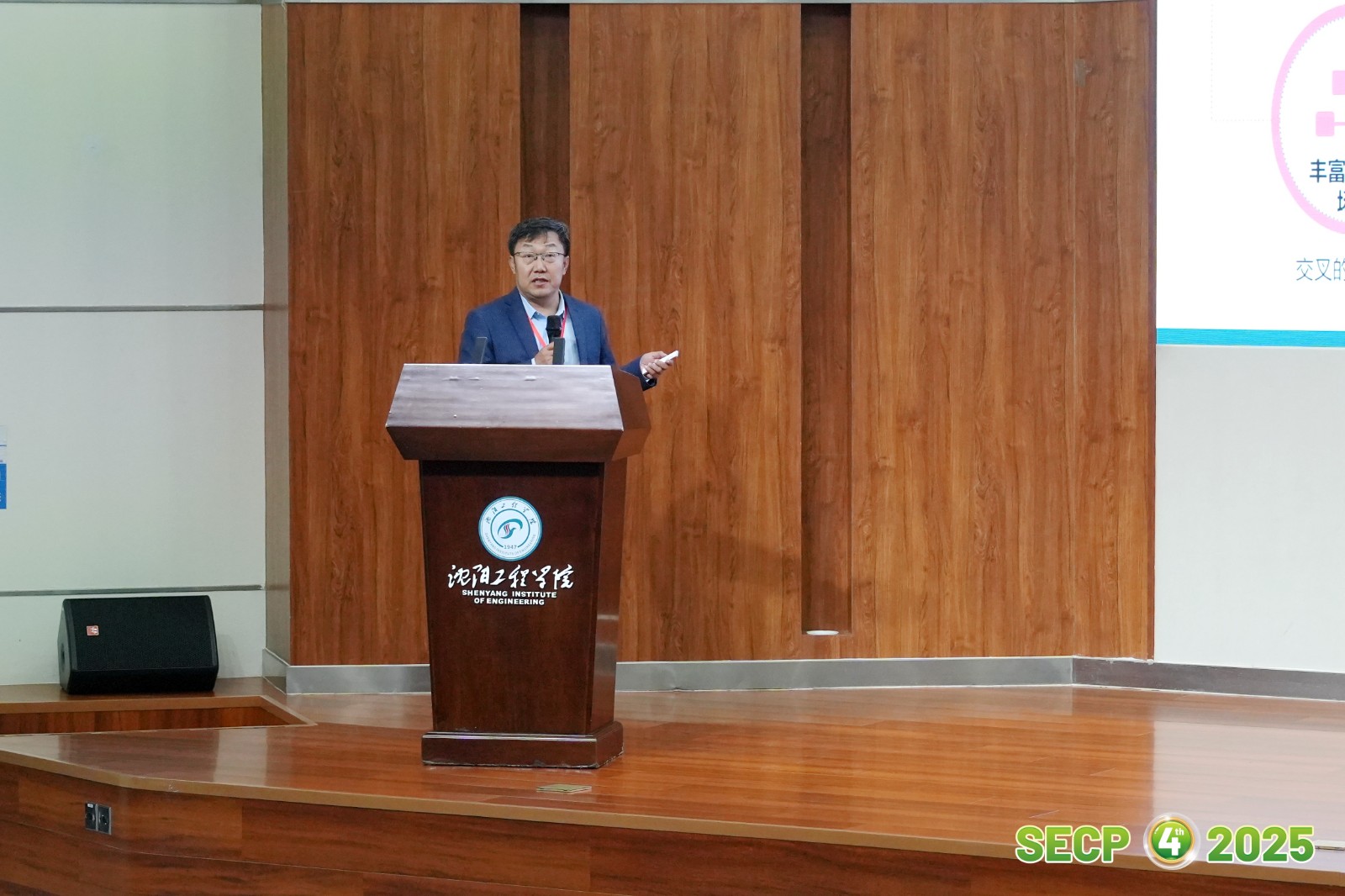
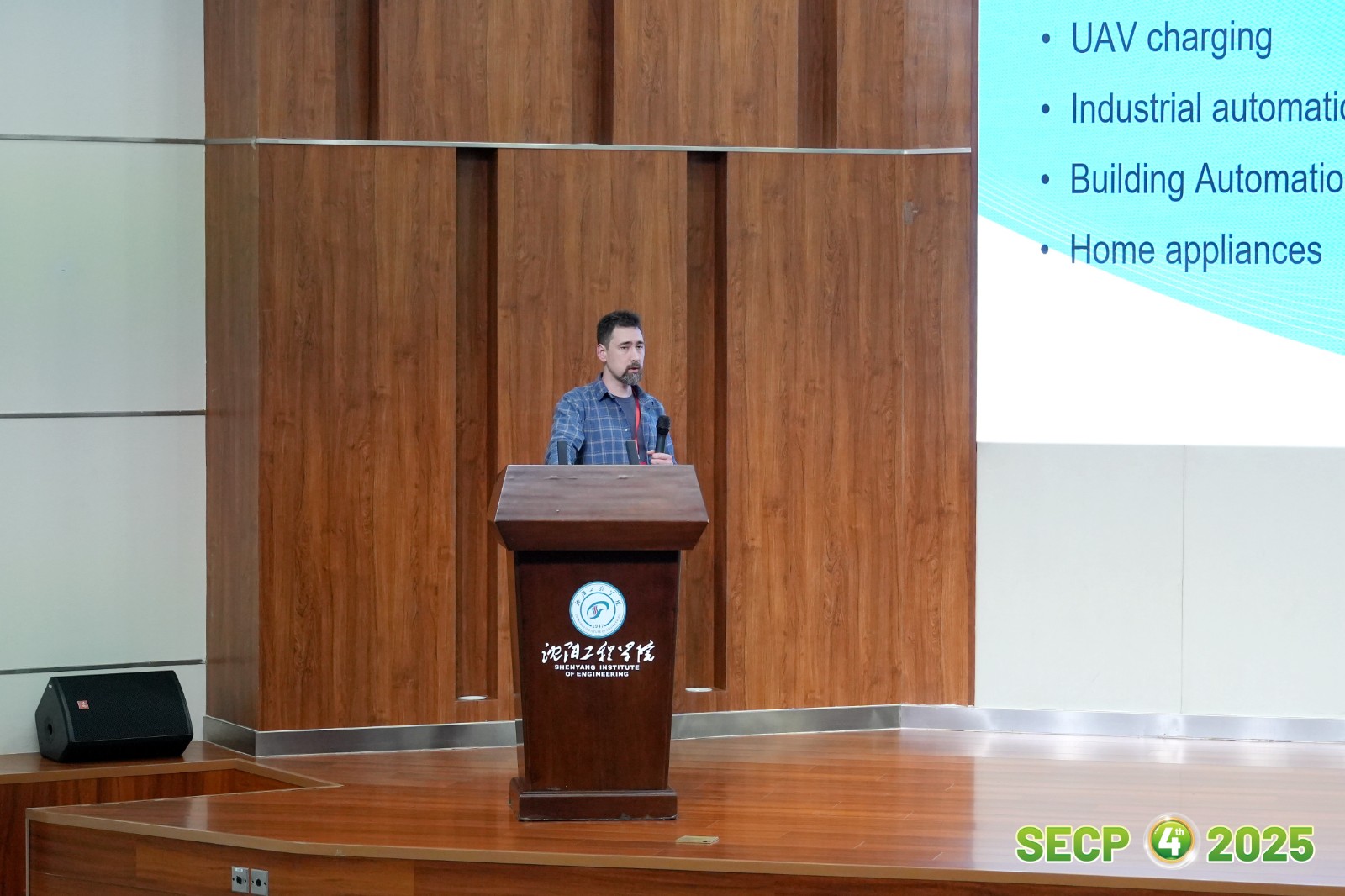

In the afternoon, three parallel thematic forums were held simultaneously, focusing on:
Energy conservation and emission reduction technologies
Engineering thermophysics and its applications
Clean power generation and resource recycling
Over 20 experts and scholars from Northeastern University, University of Shanghai for Science and Technology, Shenyang Aerospace University, Shandong University, Liaoning Technical University, Qilu University of Technology, Nanjing Tech University, and other institutions delivered presentations. The on-site discussions were lively and productive, fostering meaningful academic exchanges in the fields of smart energy and clean power generation technologies.
The 4th International Conference on Smart Energy and Clean Power Generation Technology (SECP 2025) successfully concluded after intensive and fruitful discussions. Focused on the theme of "Smart Energy and Clean Power Generation Technologies," the conference brought together renowned leading scholars, industry pioneers, and technical experts from multiple countries worldwide.
The proceedings featured in-depth explorations of cutting-edge topics including:
• Smart energy systems
• Clean power generation technologies
• Energy storage innovations
• Carbon neutrality pathways
The conference served as a catalyst for initiating several cross-disciplinary collaborative projects. These outcomes not only provide novel approaches to global energy transition but also deliver substantial momentum for achieving the "Dual Carbon" goals.